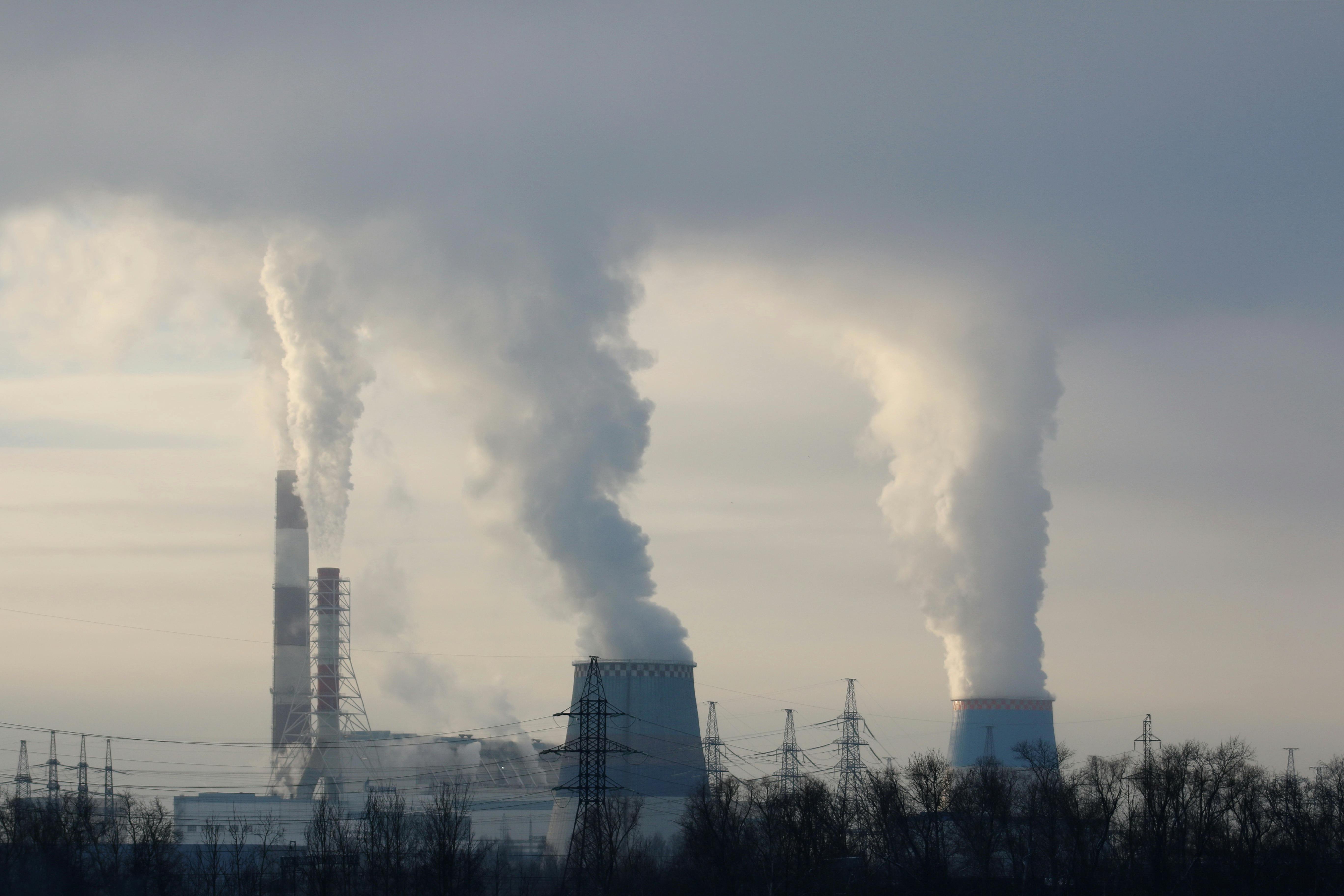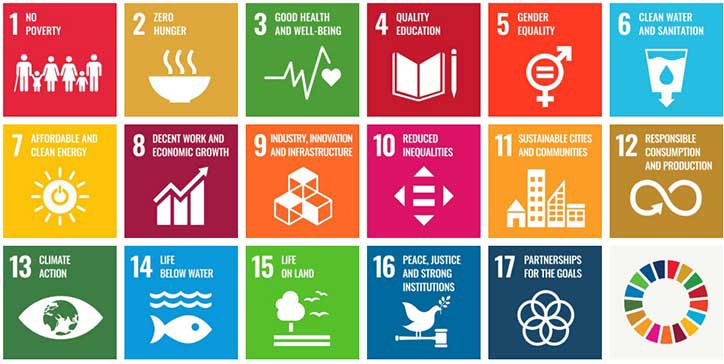
The Green Glass Ceiling: Women are Being Left Out of Sustainable Jobs, Says IMF Report
10 October 2024
A new analysis by the International Monetary Fund (IMF) reveals a significant gender gap in green jobs, with women disproportionately left out of emerging sustainable sectors like renewable energy, sustainable agriculture, and waste management. This disparity not only slows the progress towards gender equality but also threatens the world’s transition to a greener economy.
Despite the rise in employment opportunities in sustainable industries, men continue to dominate these sectors. The IMF report found that men hold two-thirds of green jobs globally, while women occupy only one-third. This gap exists across both advanced economies (AEs) and emerging market and developing economies (EMDEs). In AEs, for example, green jobs account for 20% of men’s employment but only 6% of women’s. The disparity is even more striking in EMDEs, where 16% of men’s jobs are green compared to just 4.6% for women.
The root of this disparity lies in the significantly lower number of women graduating in fields critical to green jobs, such as science, technology, engineering, and mathematics (STEM). Countries like Brazil, Colombia, and South Africa exhibit large gaps in STEM education and managerial positions for women, which directly influences their underrepresentation in the green workforce.
The report also highlights that many women are forced to remain in more polluting industries, where they face wider pay gaps and health hazards. In low-income countries (LICs), women are more likely to be employed in sectors like manufacturing and fossil fuel extraction, which contribute heavily to greenhouse gas emissions. This exposure poses significant environmental and health risks, especially for the 10.7% of women employed in polluting sectors in LICs compared to 8.6% of men.
Green jobs tend to offer higher wages compared to traditional sectors, and this “green premium” is even more pronounced for women. According to the IMF analysis, green jobs provide a wage premium of 7% for men and 12% for women, suggesting a strong demand for workers with the necessary skills. Additionally, the gender pay gap in green jobs is 30% narrower than in other sectors, offering women better opportunities for wage equality in these industries.
The underrepresentation of women in green jobs has broader implications for climate policies. Economies with higher proportions of STEM-educated workers and more inclusive labor markets are better positioned to transition to a green economy. The report notes that countries with greater gender parity in the workforce experience larger reductions in greenhouse gas emissions intensity when energy taxes and climate policies are introduced. Therefore, achieving gender balance in sustainable sectors is not only a matter of equality but also essential for effective climate action.
To address this gender disparity, the IMF report suggests enhancing STEM education for women, promoting gender equality in the workforce, retraining workers in polluting industries, and addressing gender bias in recruitment and management. By ensuring that women have equal access to green jobs, the world can make strides toward both gender equity and a more sustainable future.
The transition to a green economy requires diverse contributions from both men and women, and closing the gender gap in sustainable sectors is crucial for achieving this goal.
.jpg?alt=media&token=80431ef4-7d4d-47b9-9a7b-d92a211b59f6)

